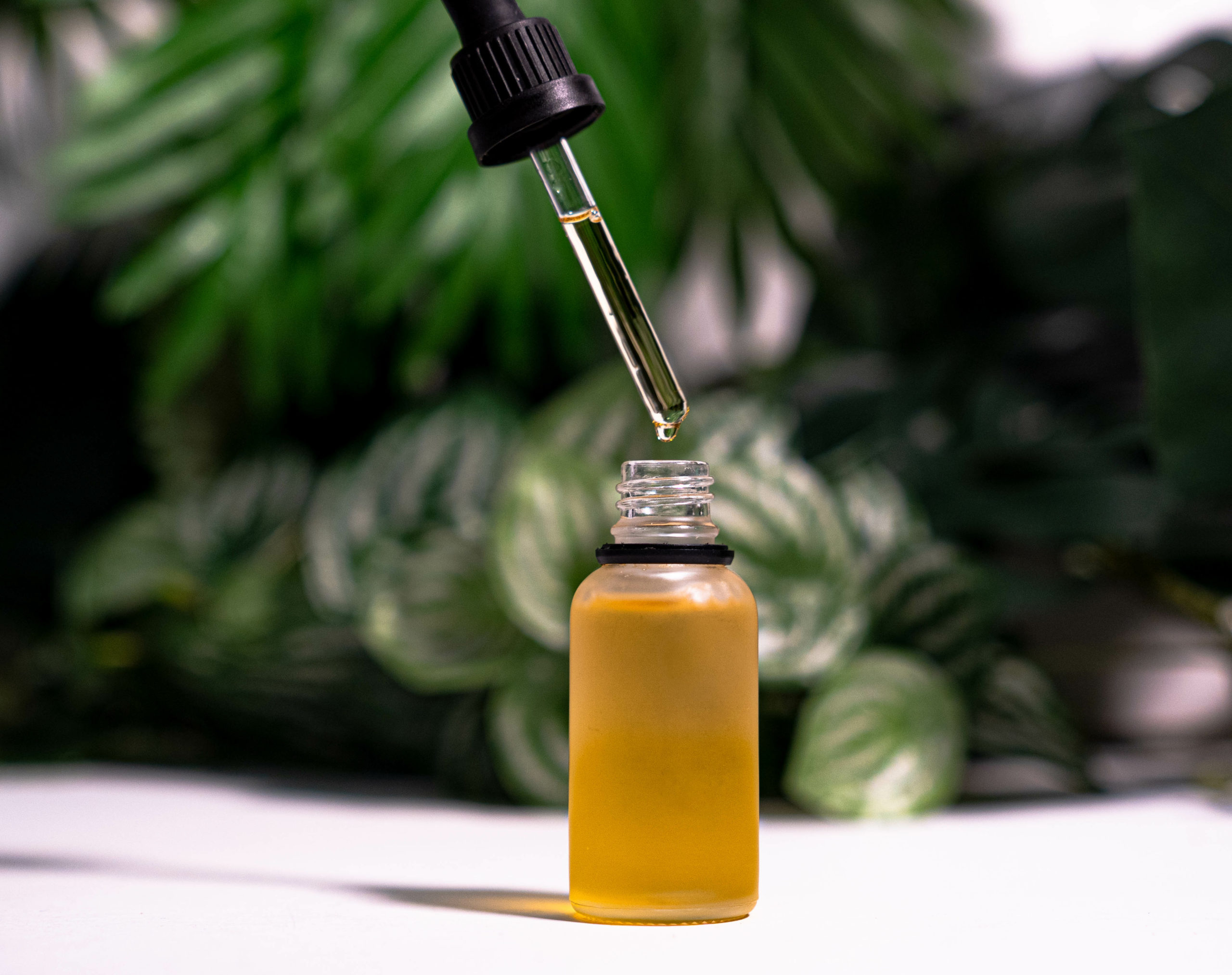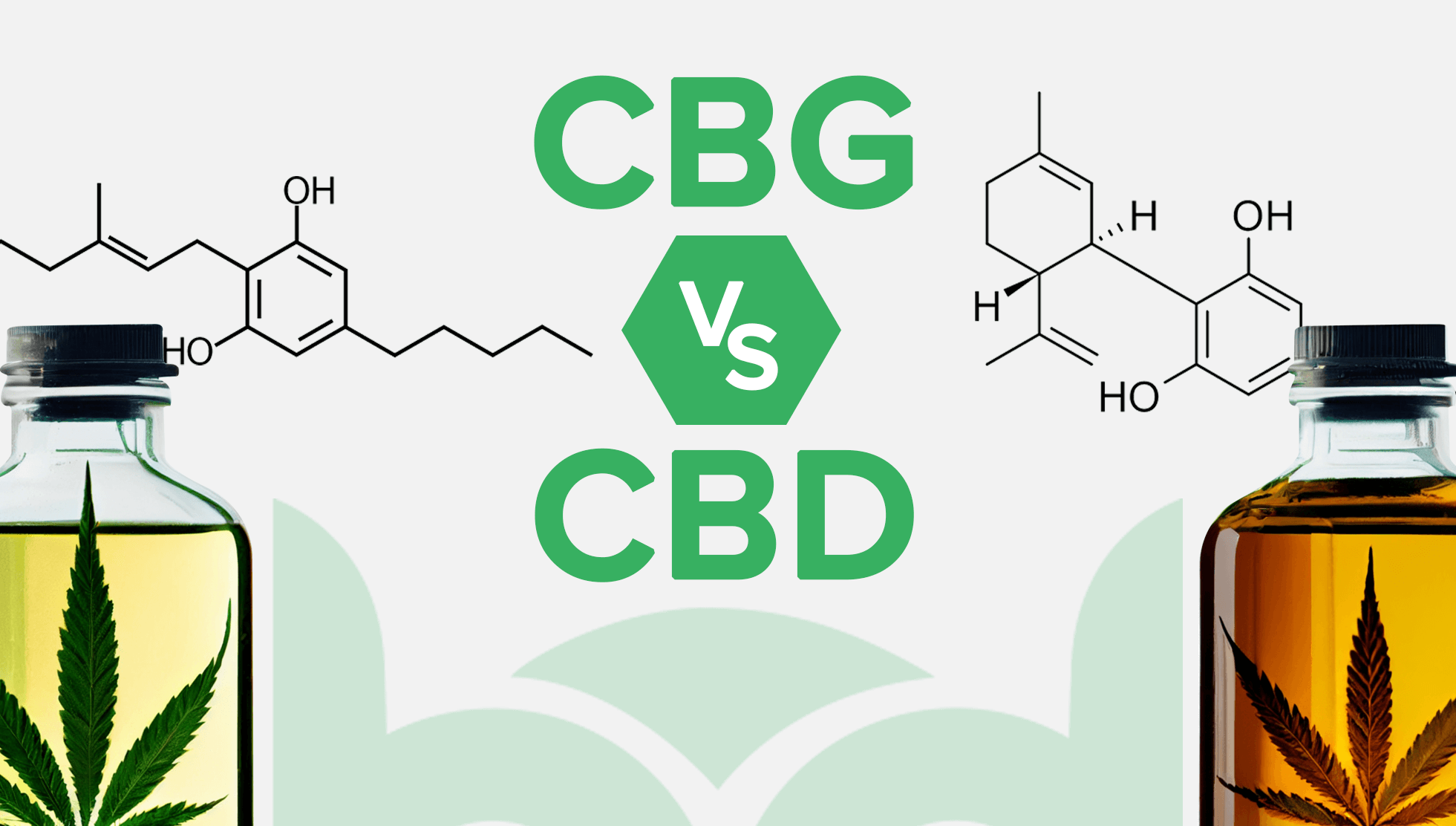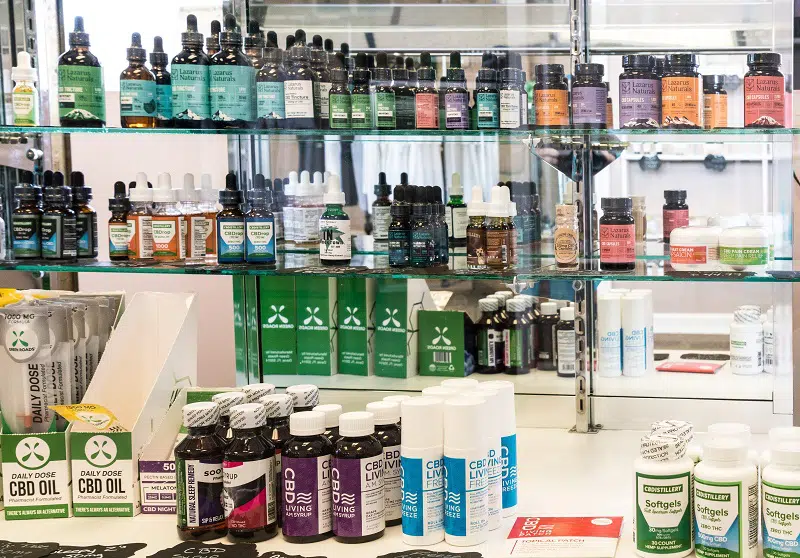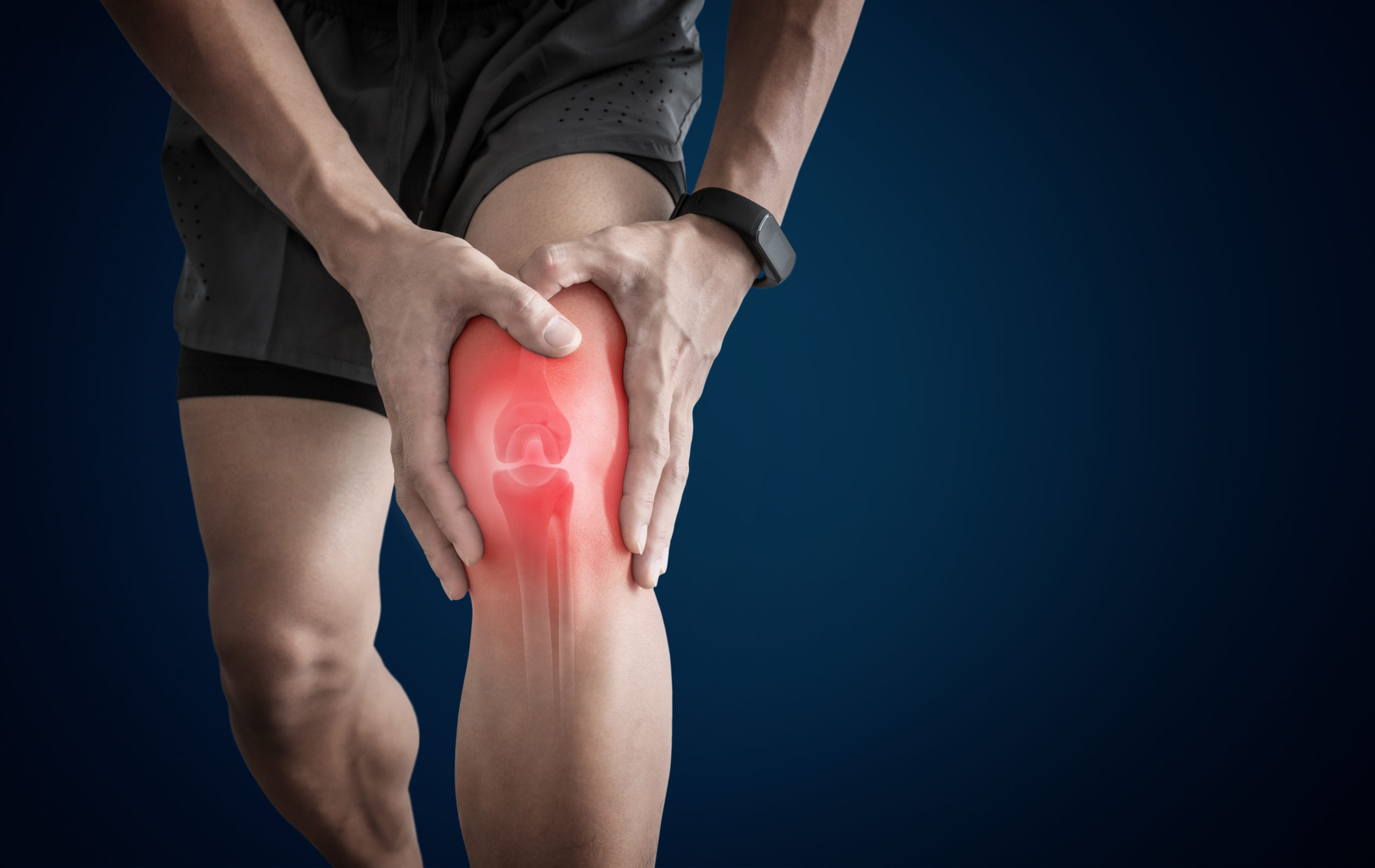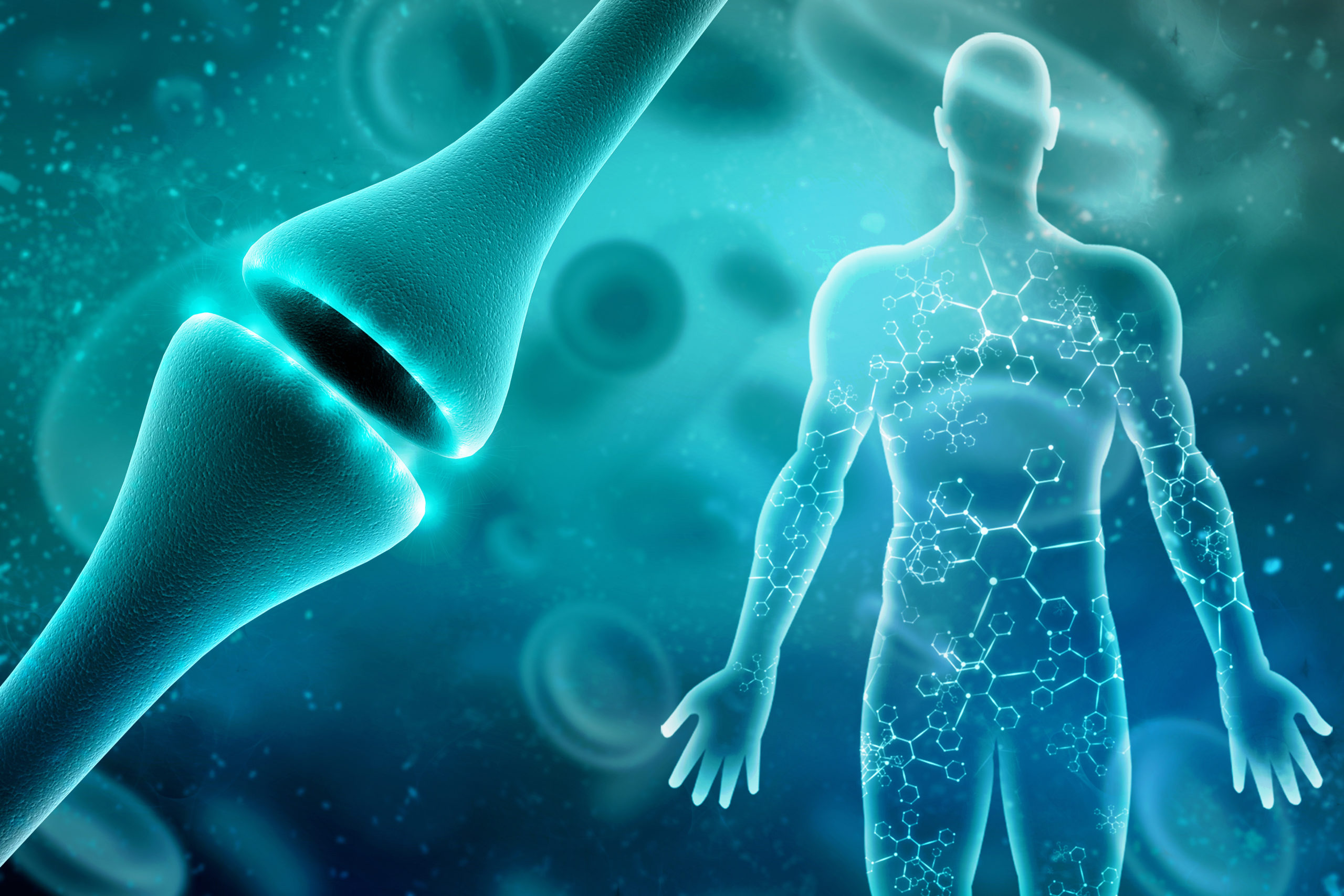-
- Market Research
- |
- CBD Near Me
- |
- Giveaways
- |
- Newsletter
- |
- Contact
- |
- Advertise
- |
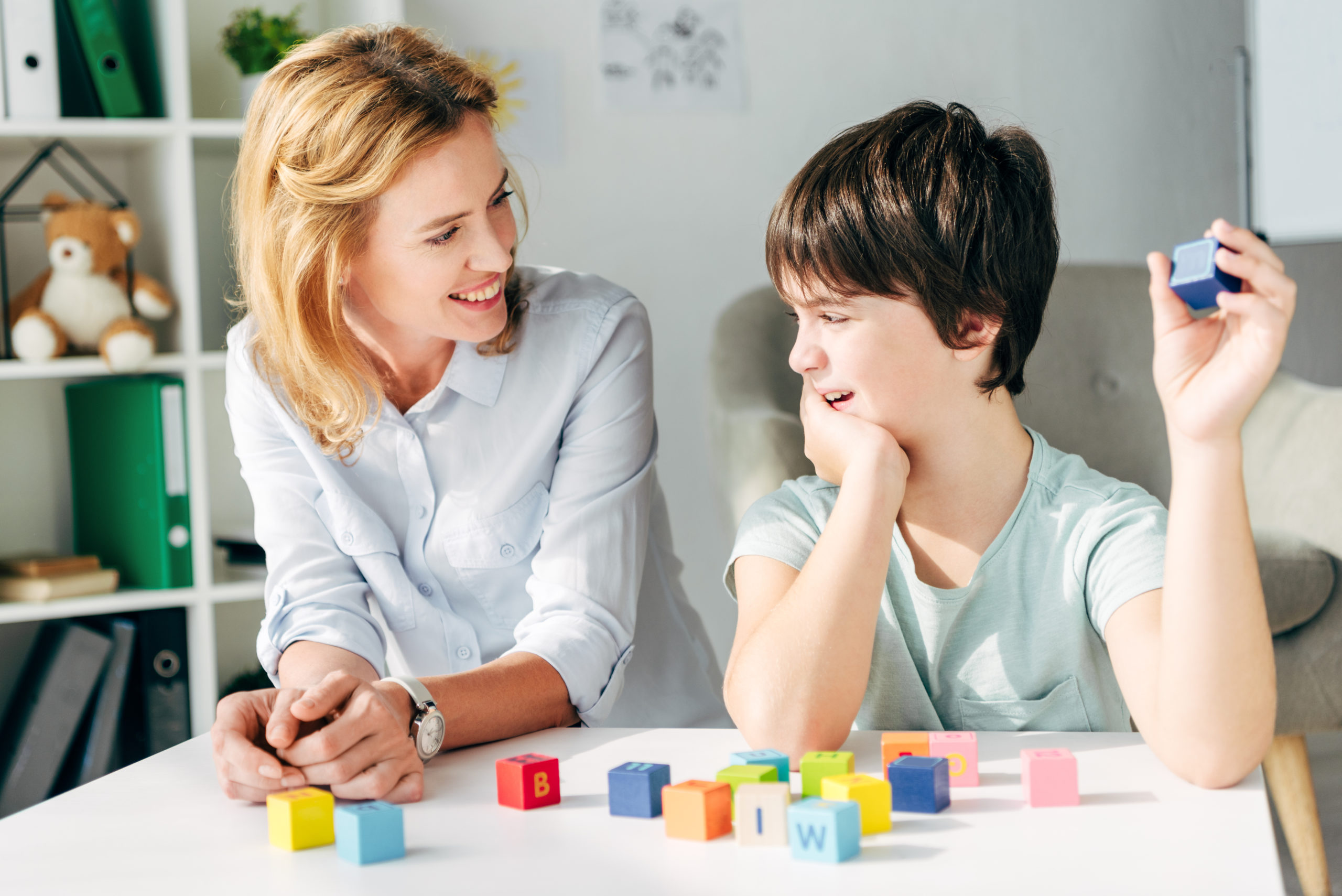
Most researchers and supplement manufacturers can safely proclaim a particular substance or product’s effectiveness across two or three patient populations without being hunted down by the FDA, so long as the evidence is there.
However, in the case of CBD and autism, we need to reevaluate everything we know about cannabidiol.
Autistic people are fundamentally different on a neurological level; they respond to medication, learn, and interact with their environments differently than “neurotypicals.”
For these reasons, parents who want to learn more about the potential benefits of cannabidiol for their autistic child need to find autism-specific examples in the research.
Can CBD Really Help with Autism?
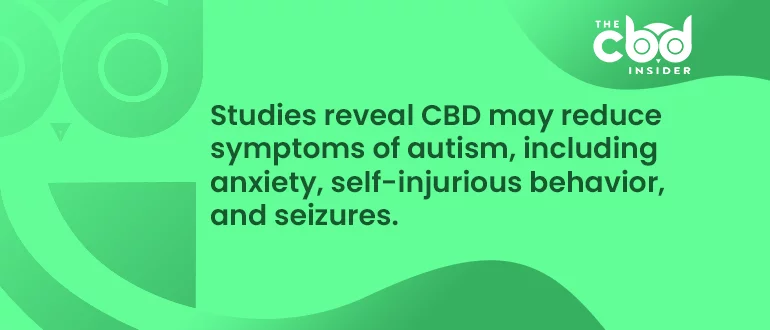
Autism disorders are broad in their presentation and difficult to classify using conventional criteria, which means we can’t gauge CBD’s effectiveness for autism until we at least attempt to outline the symptomatology involved.
Thankfully, the Diagnostic and Statistical Manual of Mental Disorders (DSM-5) has already done this, and as expected, the language is necessarily vague, but informative.
Here are the five diagnostic criteria for ASD per the DSM-5:
- Persistent deficits in social communication and interaction.
- Restricted, repetitive patterns of behavior, interests, or activities.
- Symptoms present in the early developmental period.
- Symptoms that impair social or occupational functioning to a “clinically significant extent.”
- These disturbances are not better explained by intellectual disability or global developmental delay.
See the link above for the full entry, including additional conditions, examples of the above points, and notes on assigning severity.
So, how do CBD and autism mix?
As always, we’ll let the evidence do the talking.
Research Links Autism to Cannabinoid Deficiencies
An observational study from the University of Brazil, Federal University of Minas Gerais, and other Brazilian research partners brings endocannabinoid system (ECS) involvement in autism to the forefront by proving CBD’s efficacy across multiple behavioral, cognitive, and physical markers among autistic study participants.
As a reminder, the endocannabinoid system refers to the set of receptors and naturally produced cannabinoid neurotransmitters (anandamide, for example) that the body uses to signal cells that promote anti-inflammatory, pain-relieving, and other effects.
Phytocannabinoids like CBD can also stimulate this important neural structure.
The discussion focused on the exact relationship between CBD and autism improvements is still circling a large number of theories, but the authors of this finding point to evidence indicating a lack of anandamide as a major culprit.
Per the review, autistic children (who are consistently deficient in anandamide) often display “neuronal hyperexcitability,” which CBD supplementation may help with.
Even non-epileptic autistic children display neuronal hyperexcitability, and researchers are slowly embracing the theory that CBD may have a modulating effect in this case.
CBD Outperforms THC for Autism-Related Anxiety
Though the verdict remains divided on how, most clinicians and researchers agree that both anxiety and depression are closely correlated with serotonin deficiency.
This academic review from Florida International University confirms the ability of CBD to combat anxious feelings and behaviors in autistic children.
As researchers are gradually learning, cannabidiol doesn’t just interact with the endocannabinoid system; it can act as an agonist at specific serotonin receptors (5-hydroxytryptamine), increasing serotonin uptake and decreasing anxious behaviors in autistic children.
The finding also explains how CBD can bolster the body’s ability to produce anandamide by inhibiting the enzyme that breaks it down.
Dronabinol and Self-Injurious Behavior
Autistic children often exhibit self-injurious behavior, which presents a high-priority target for any therapeutic intervention, pharmaceutical or otherwise.
A cannabinoid-based medication known as Dronabinol improved self-injurious behavior in 10 mentally disabled children, and a 6-year old autistic patient from the same University of Florida review also noticed improvements in irritability.
Whether or not CBD and autism will interact in precisely the same manner isn’t completely clear. Still, given the chemical similarities between CBD and the compounds in Dronabinol, it’s enough to warrant further investigation.
Combating self-injurious behavior is especially crucial for developing autistic children receiving physical, occupational, and/or speech therapy because they help children implement calming mechanisms and absorb what they’re being taught instead of cutting therapy sessions short due to behavioral and/or safety issues.
Obviously, the elimination of self-injurious behavior and severe irritability can also make a huge difference functionally.
If an autistic patient progresses enough in other areas of social development, motor skill, and repetitive behavior modification, resolving self-injurious behavior could make the difference between living alone, holding a job, and maintaining healthy relationships.
CBD and Rett Syndrome
Rett syndrome, which is agreed upon by most sources to be in the ASD family, is characterized by progressive and eventually severe impairments in motor control and speech.
More prevalent in girls, Rett syndrome onset tends to occur in the same window of time as autism, within the first three years of life.
Where other autistic kids may have mild to moderate difficulties with certain motor tasks, many girls with Rett syndrome are confined to a wheelchair.
Both conditions share the telltale hand movements, often referred to as “hand flapping.”
Researchers evaluating the use of CBD for Rett syndrome have yet to produce trial results, but GW Research is recruiting for a trial at the time of publishing
CBD and Autism-Related Epilepsy
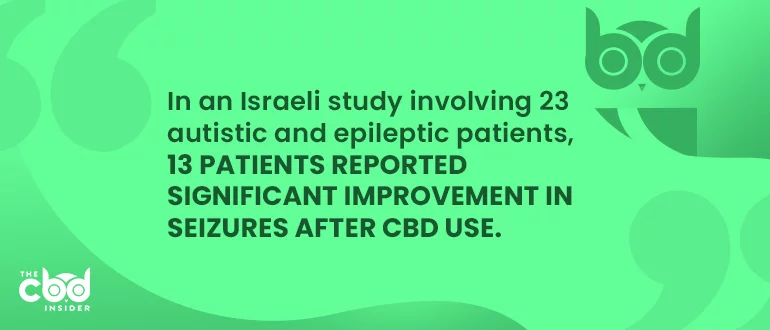
Epilepsy is strikingly prevalent among autistic patients; studies estimate that 20 to 30 percent of autistic patients are epileptics.
CBD may seem like a shoo-in at first glance, given its only FDA-approved use (Epidiolex) is for childhood epilepsy disorders, but we can’t simply impose this epilepsy treatment on neurochemically unique autism patients without doing some digging first.
In a Clinical Cannabis Research Institute of Israel study involving 188 autistic patients, 23 of them epileptics, two of the participants reported that their seizures stopped completely after the six-month CBD trial period, and eleven noted significant improvement in seizures (the twelve remaining epileptic participants did not fill out the questionnaire).
As mentioned, cannabidiol appears to promote a normalizing effect on the “neuronal excitability” of autism patients, with or without the epilepsy comorbidity.
Important Safety Considerations of CBD and Autism
CBD is generally well-tolerated across demographics, but most studies report a small percentage of exclusions related to adverse effects.
These effects most commonly include
- Drowsiness
- Dry mouth
- Diarrhea
- Low blood pressure
CBD doesn’t have “synergistic” interactions with drugs, meaning it doesn’t aggressively and harmfully interact with medications like alcohol does, but it still affects drug metabolism in many instances.
The greater concern for most parents considering CBD for their autistic children is not the low possibility of side effects, but the reliability and purity of the product.
Since CBD is almost completely unregulated (save for the aforementioned case of Epidiolex), producers aren’t required to meet FDA standards.
This lack of oversight has allowed unscrupulous brands to cut corners with their formulations, sometimes resulting in high-THC or otherwise impure CBD products.
Thankfully, consumers now have unfettered access to more than just reviews of the best brands; we can see exactly what is in a particular brand’s product by accessing third-party lab results.
If no third-party lab results exist, that’s strike one, two, and three.
How to Use CBD for Autism
Realistically, some doctors in some states will be very tight-lipped when discussing CBD oil for autism, but it’s imperative that parents of autistic children at least ask for the sake of the above safety considerations.
At the very least, your child’s doctor will inform you if the CBD product will interact with any drugs your child is currently taking.
In terms of a CBD oil dosage for autism, there is little to go off of regarding official recommendations.
We recommend starting doses as low as 20-25 mg, which is significantly lower than the one FDA recommendation we do have: 2.5mg/kg of body weight for Epidiolex.
Autistic children have been shown to react differently to medications than neurotypicals, which, paired with the lower body weight of a child, is what compels us toward this 20-25mg daily dose range.
The rest is intuitive: administer the CBD, assess the results, and raise or lower doses incrementally until optimal results are met.


